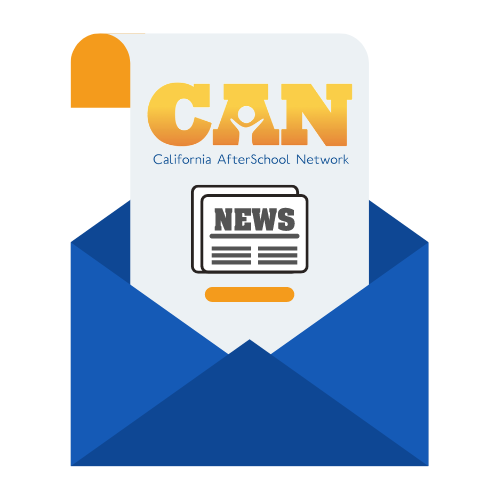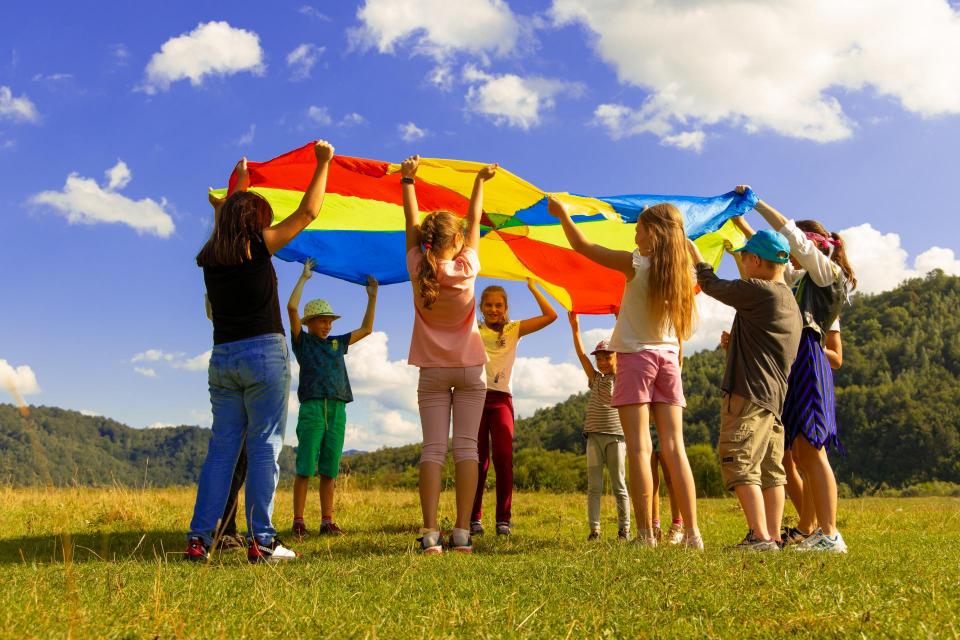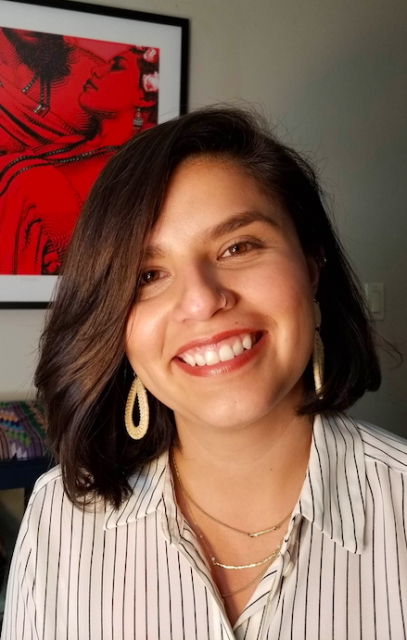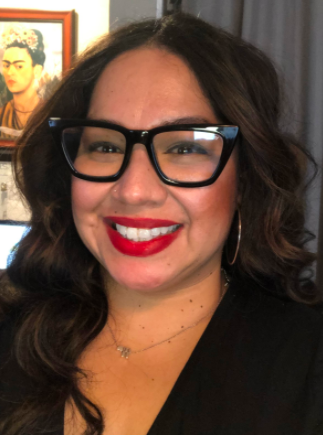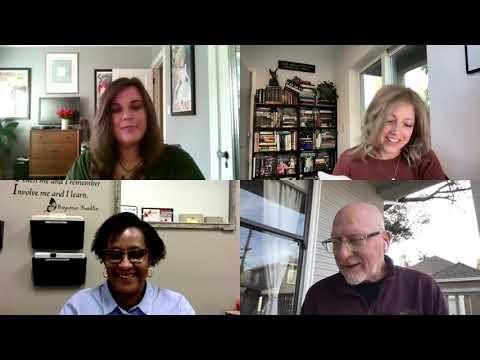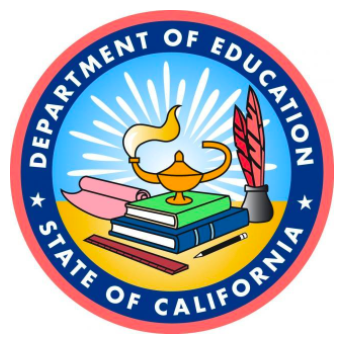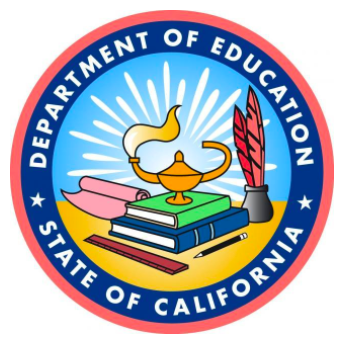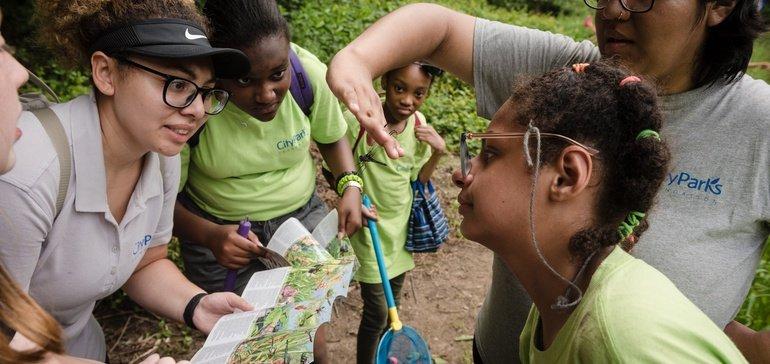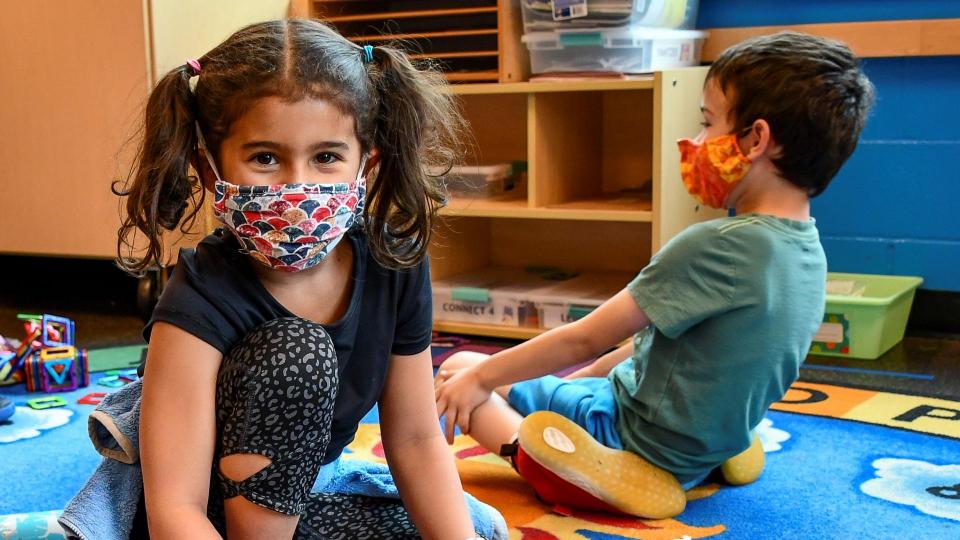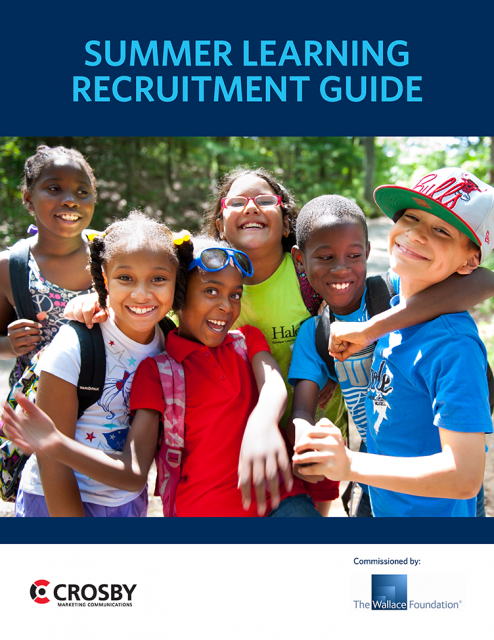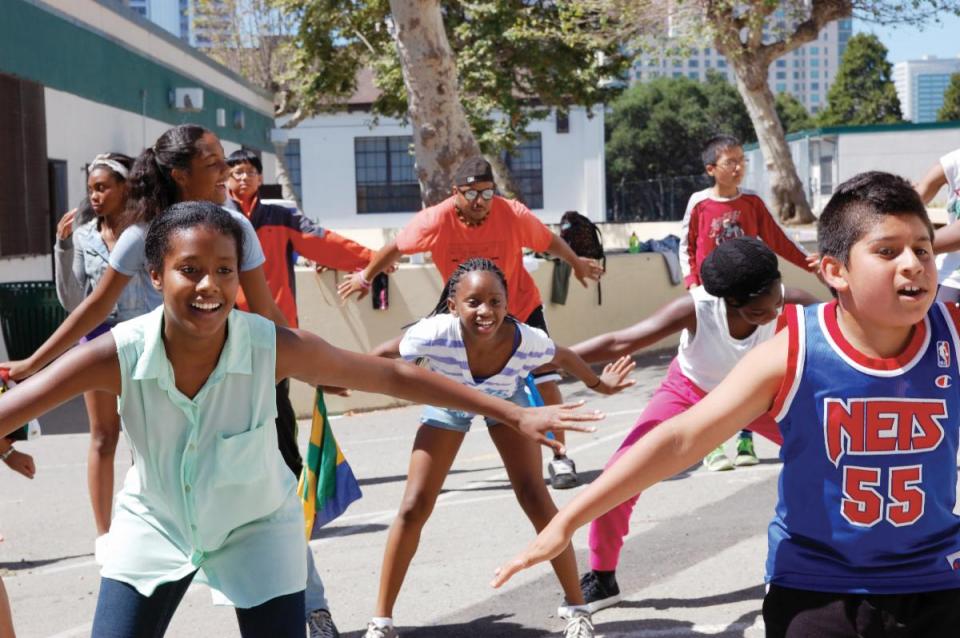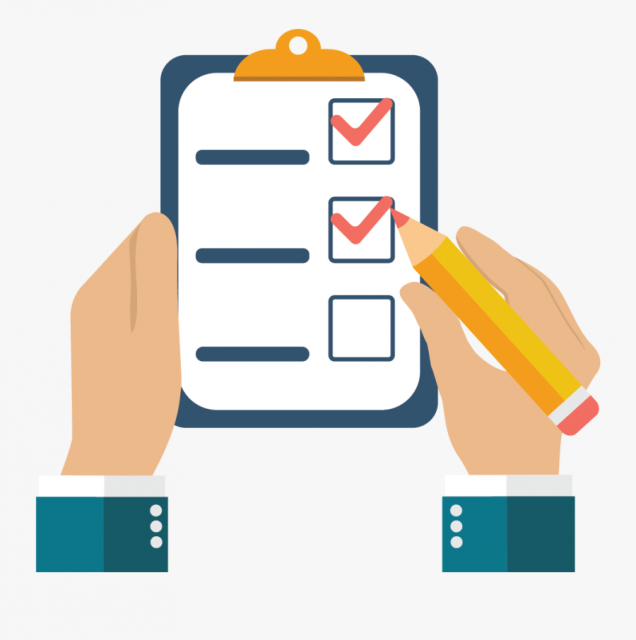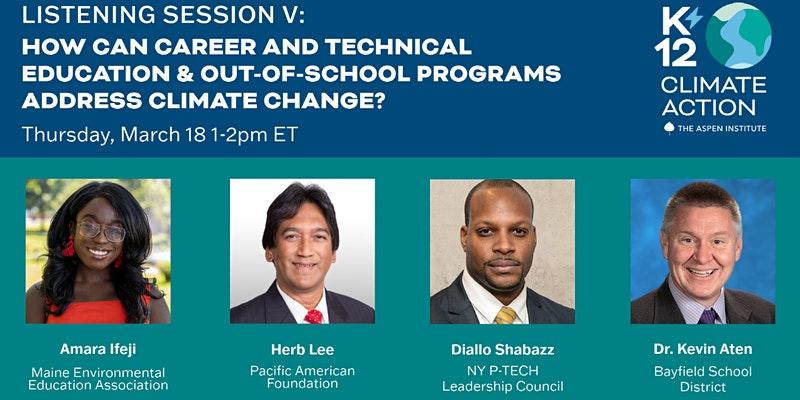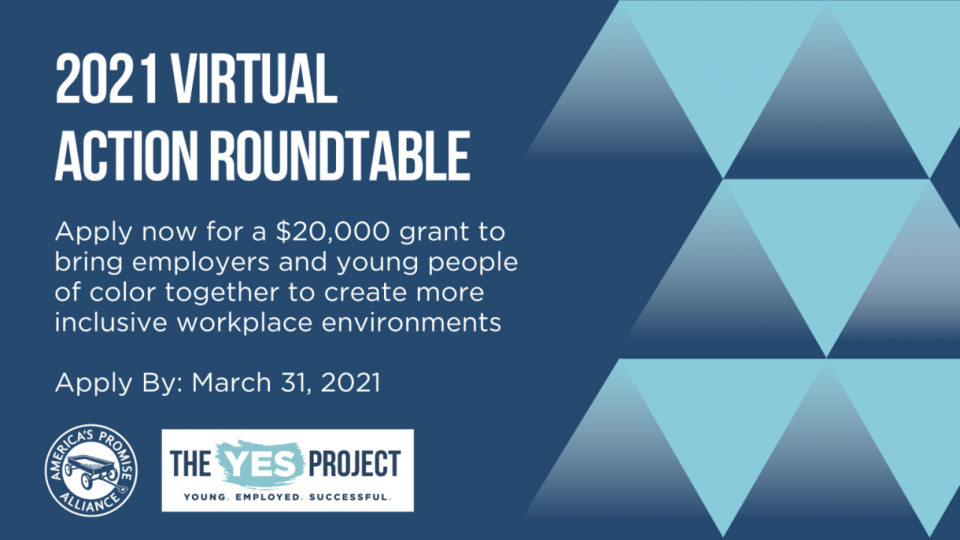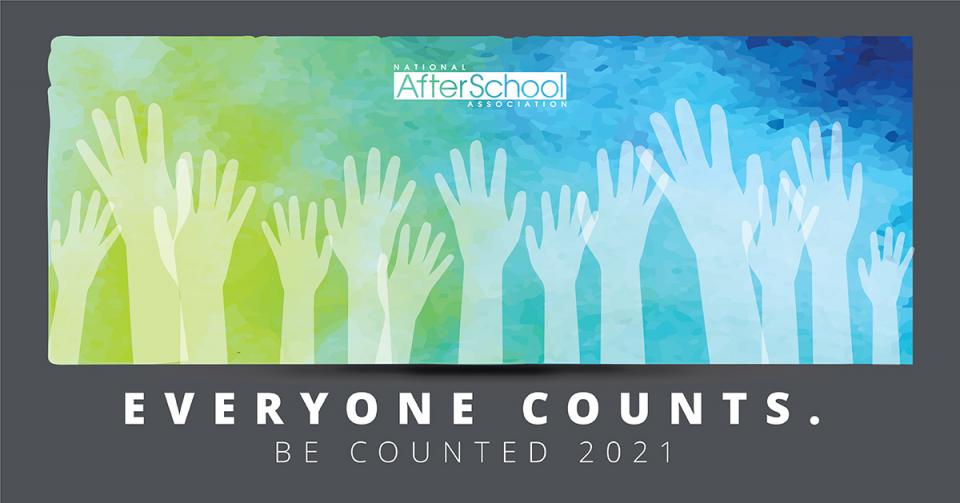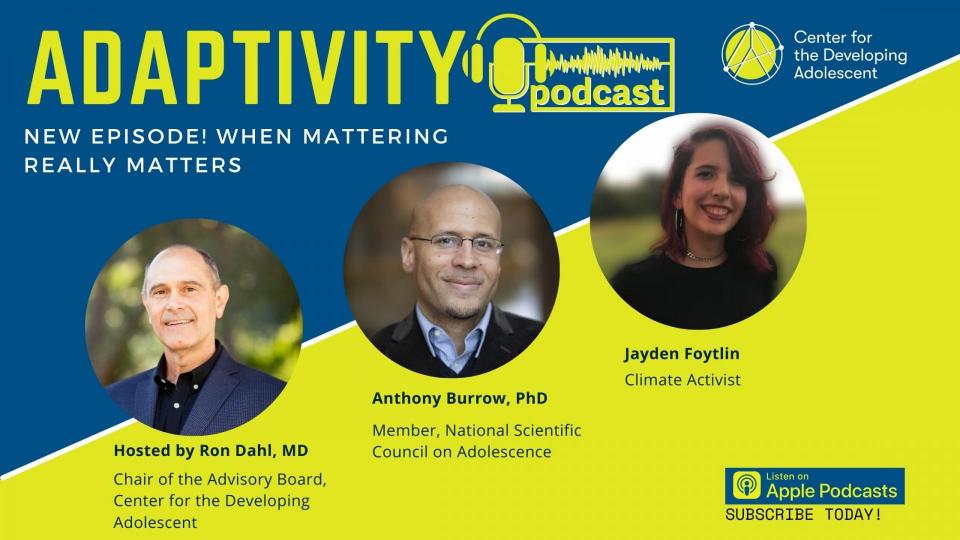CAN Newsletter – Planning for Summer
March 9, 2021
As we enter a full year of being in the pandemic, education as a whole has shifted in many ways to become a more equitable, accessible, and just place for our students. We are currently living in a major moment for our summer learning community. Education leaders across the spectrum from school districts, nonprofit programs, camps, and government agencies to policymakers across the U.S., all agree that this summer must be utilized to help young people learn, grow, and recover like never before.
This summer and next will be critical to helping all students, and communities recover from COVID learning loss and prepare for the school year. Our field has an opportunity to make an immediate and lasting impact on young people’s lives. You are the essential leaders needed right now to help our students and communities heal and rebound stronger.
Last week, AB 86, the school reopening plan that includes $4.6 billion for expanded learning opportunities, was passed by the Legislature and signed by the Governor. These funds along with federal investment (i.e. proposed summer and afterschool supports in the American Rescue Plan Bill) highlight the growing interest and focus on leveraging summer to support our youth. Summer 2021 must be different than Summer 2020. Check out the most recent fireside chat to learn more.
In the next two weeks, Local Education Agencies (LEAs) will learn how much funding they expect to receive. It’s critical that LEAs collaborate and plan with community partners in the use of immediate state and federal resources for student recovery and expanded learning opportunities. Below and throughout the newsletter you will find a few resources to support your summer planning, stay tuned for additional resources to support local conversations and planning.
In This Newsletter:
Welcome Leslye Lugo!
CAN Member Welcome
Leslye joined the CAN team in February 2021! She is the Data and Research Program Specialist.
Before joining the CAN team, Leslye supported BIPOC Transitional Age Youth (TAY) who were working in the field of expanded learning and seeking to become public school teachers, counselors, and social workers for the San Francisco Unified School District. At the same time, Leslye was a part of the lead agency for the San Francisco Educator Pathway Coalition (SFEPC) and helped inform this network of community-based organizations and educational institutions by bringing to the surface the barriers that TAY workers were experiencing.
Welcome Melissa Perez!
CAN Member Welcome
Melissa joined the CAN team in February 2021! Melissa is Program Specialist for Communications and Events.
Prior to joining CAN, she served as the ASES Expanded Learning Supervisor at the Fullerton School District in Fullerton, CA. Melissa has 15+ years of experience in various capacities working in Expanded Learning starting as direct-service staff, then as site leadership, and eventually program leadership. Melissa, along with her teams, engaged in program implementation with a CQI lens, and thus developed high-quality programs, centered on positive youth development.
Elk Grove USD & Updates on AB86, Audits, Waivers, and Flexibility
Fireside Chat: March 5, 2021
Join us for our 25th Fireside Chat. In this chat, Heather Williams from the California AfterSchool Network and Michael Funk from the Expanded Learning Division of the California Department of Education are joined by Erin Sipes and Athena McQuarry from Elk Grove Unified School District. We discuss several important policy updates on the signing of AB86 (in particular section 43522 of the bill), program flexibility, waivers, and audits, and the group chats about their learning hubs and planning efforts.
Access the full text of AB86 on Leg Info.
Suspended 2021-22 Audits
Senate Bill 98 allowed the California Department of Education, Expanded Learning Division to suspend certain sections of the California Education Code specifically allowing operational flexibility to the expanded learning programs for the 2020–21 fiscal year (FY).
On February 22, 2021, the Education Audit Appeals Panel adopted the 2020–21 Emergency Supplemental Audit Guide suspending the audits of expanded learning programs by independent auditors for FY 2020–21. These audits would have been conducted during the FY 2021–22. This is a onetime suspension of the audit requirements.
SP 07-2021: Department of Education Guidance on Implementation of Child Nutrition Program Waivers
California Department of Education wanted to share Memo SP 0702021 which was released on February 19, 2021, which provides guidance for certain data collection. On January 4, 2021, the U.S. Department of Education (ED) released the attached fact sheet that outlines options and clarification for State Educational Agencies (SEAs) and Local Educational Agencies (LEAs) to successfully implement programs authorized under the Elementary and Secondary Education Act of 1965 (ESEA) while operating under Child Nutrition Programs (CNP) waiver flexibilities during the COVID-19 pandemic.
3 Summer Program Strategies to Address Learning Loss, Support Emotional Health
There has been an increased interest in offering summer instruction and enrichment programming for greater number of students is building amid pressure for schools systems to address the learning loss and social-emotional health of students in the middle of the pandemic. K-12 Dive explore three summer program strategies to help address learning loss and how educators can support the social-emotional learning of students in summer learning programs:
- Combine engaging academic content with SEL and PE
- Get parent buy-in and work with partners
- Build a long term strategy
Community Learning Hubs: Meeting the Needs of Students and Families
When COVID began sweeping the country, afterschool programs and youth development organizations pioneered a new operating model to allow them to safely open their doors to all children: Community Learning Hubs.
In partnership with the National League of Cities and with the financial support of the Charles Koch Insitutte, Afterschool Alliance’s report Community Learning Hubs: Meeting the Needs of Students and Families gives resources on how programs can launch their own Hubs, taking inspiration and lessons learned from 32 out-of-school time practitioners running Hubs right now.
Start Recruiting for Your Summer Learning Program!
Research shows that voluntary summer learning programs that offer a mix of academics and fun enrichment activities can help address learning disparities, potentially helping students from low-income families achieve better academic and social-emotional outcomes.
The Wallace Foundation shares a guide on how to launch a summer learning recruitment effort with principles that can guide any logistical scenarios you might be imagining.
Making the Most of Summer 2021 to Boost Learning
On Tuesday, February 2, 2021, National Summer Learning Association CEO Aaron Philip Dworkin, led a discussion with leaders from award-winning summer learning programs and program culture experts focused on their effective models and how they pivoted last summer to provide virtual and at-home programming in literacy, STEM, social and emotional learning (SEL) and more.
Upcoming Webinar: Stability and Change in Afterschool Systems
Thursday, March 11, 2021; 11:00AM PST
Forum for Youth Investment with support from The Wallace Foundation is hosting an upcoming webinar based on earlier study, Stability and Change in Afterschool Systems, 2013-2020, that was conducted to determine the extent to which U.S. cities with populations over 100,000 were undertaking afterschool system-building initiatives.
National Survey Opportunity – Raise Awareness of How COVID Impacts Your Programs
Deadline: Sunday, March 14, 2021
Lend your voice to continue to raise awareness of the effects of the pandemic on your program.
Afterschool Alliance is asking for your help in continuing to tell your story of the ways in which COVID-19 is impacting your programs and the kids and families you serve. By taking this short, 10 minute survey, you are lifting up challenges programs faces as the pandemic continues, and your answers will raise awareness of the short- and long-term effects of COVID-19 on the afterschool field.
Upcoming Webinar: K12 Climate Action Session V: Sustainability in CTE & Informal Learning
Thursday, March 18, 2021; 10:00 AM PST
Join The Aspen Institute for the fifth installment of their K12 Climate Action series: “Sustainability in CTE & Informal Learning!”
This listening session will focus on how out-of-school and CTE programs are uniquely positioned to engage youth in learning about sustainability and green careers. Panelists will share their experiences developing and implementing both types of programs.
Funding Opportunity: The YES Project
Deadline: March 31, 2021
The YES Project is pleased to announce the request for proposals for the 2021 Action Roundtable cycle!
Recent research from the YES Project found that young people view their “work selves” and their “life selves” as inextricably intertwined. This means that success in the workplace requires an acknowledgement and appreciation of their full identities.
National Survey Opportunity – Afterschool Workforce, Be Counted
Deadline: March 2021
To inform research, policies, practice, and professional development for the afterschool workforce, we, along with the National AfterSchool Association, are asking afterschool and youth development professionals and leaders to participate in the Be Counted Campaign—a brief survey about demographics and representation. Results will be compiled into the 2021 State of the Profession Report, providing workforce data to help us solidify the profession and its essential role for young people, families, and communities.
When Mattering Really Matters
The Center for the Developing Adolescent’s podcast Adaptivity explores the science of adolescence. It’s latest episode features climate activist Jayden Foytlin, Cornell Professor Anthony Burrow, and San Francisco youth making a difference for their peers about the hunger to matter during adolescence, and how adults can support youth to develop a sense of purpose that can carry through for a lifetime.
Five Resources to Support Safe Schools Reopening
The California Collaborative for Educational Excellence is sharing five resources to support safe schools reopenings.
Safe Schools Reopening Map
The interactive map displays data from school districts, charter schools, and private schools, indicating status on reopening, safety planning, and COVID-19 supports.
Learning in Afterschool Blog: Youth Voice
Check out the latest post from the Learning in Afterschool Blog!
Check Out CAN’s Other Newsletters!
Access the CAN newsletter archives to view past newsletters today! You may be interested in some of our other newsletters as well:

